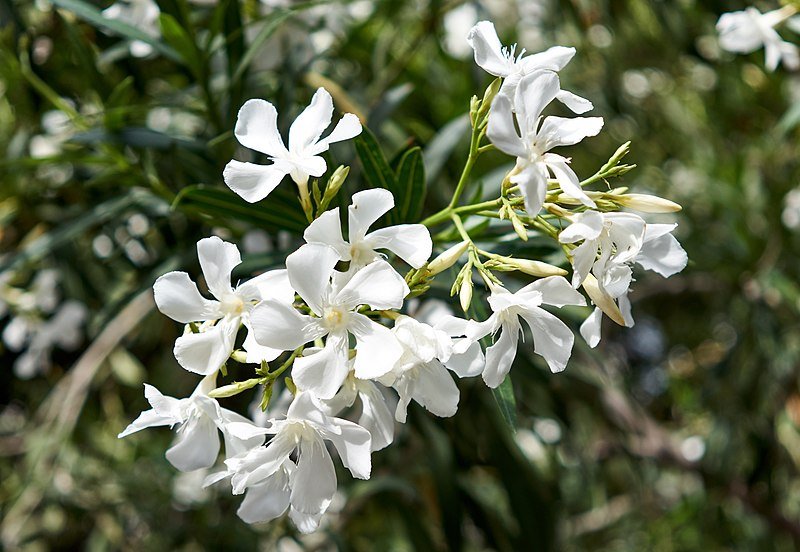Remembrance & Internal Landscape
Can plants enable time travel?
I did not grow up living close to the land. However, my childhood memories in suburban Arizona were still colored with plant life; oleander, peacock flower, and bougainvillea. On my way to school, I would carefully examine every seed pod and flower bud, absentmindedly plucking small leaves from palo verde branches. I couldn't recall any of these memories until I was in my late twenties.
My teenage years and early adulthood were tumultuous. Enduring prolonged trauma gave rise to a state of anxious indifference. Mentally exhausted in Los Angeles, I began to take daily walks alone. As I started to slow down and run my hands along spiky palmate leaves and flowering aloes my tactile memories returned. I spent nearly twenty years without noticing them but, in my dazed meandering, I caught the scent of oleander again. I recalled the bushes with soft white flowers that lined the wall near our mailbox and the sticky (&toxic!) sap that coated my hands when I picked them. As I continued my walks, my youth and early curiosity about the world gradually came into sharp focus. My subconscious finally opened the doors I once believed were locked.
Noticing is a net for catching magic. *
Nerium oleander is a plant native to Europe and Asia
Plants are portals and when we tune into the subtleties of nature we are granted access to our shared internal landscape. These contemplative moments can connect us to our personal history and gently lift the thin belief that we are separate from each other.
In our ‘Remembrance’ series, we will use personal reflection and historical exploration as a way to forge connection with nature. In our first installment, we explore plants that played a significant role in the physical and spiritual survival of those who endured chattel slavery.
Enslaved Africans had to create space for themselves on unfamiliar land. They adapted to North America by using plants as a means of resistance and agency. Doorway gardens kept by the enslaved, known as ‘conucos’ in Cuba and ‘coivaras’ in Brazil, allowed them to commune with the land for food, medicine and ritual.
*this incredible phrase was written by @sensitivesensualist


